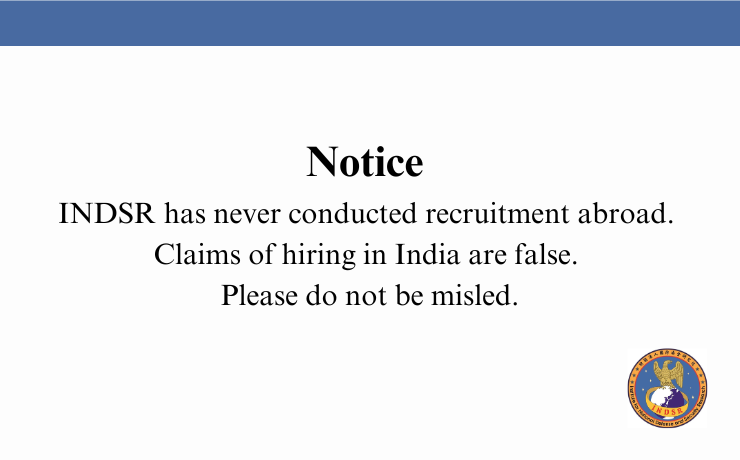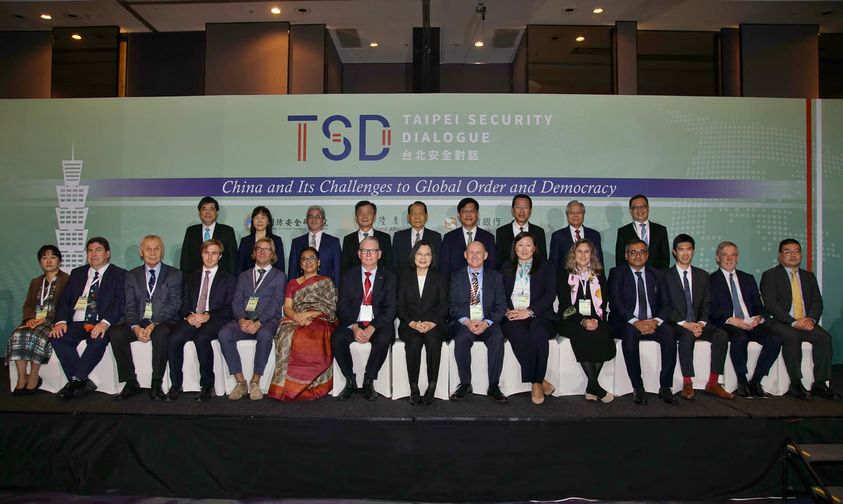Experts tout the benefits of US missile system
LAND-BASED: The Block II Harpoons can hit targets even in high waves,
a perfect choice for the nation’s coastal defense needs, Sung Yu-ning said
Original text from: Taipei Times Wed, Oct 28, 2020

The proposed sale of a coastal defense missile system that the US approved on Monday would complement Taiwan’s anti-ship missile system and boost its asymmetrical warfare capabilities, local military experts said yesterday.
Washington on Monday said that it approved a possible sale to Taipei of up to 100 Harpoon coastal defense systems and related equipment for about US$2.37 billion.
It was the second time in a week that Washington announced an arms sale to Taiwan and the ninth arms sale announced by US President Donald Trump since he took office in January 2017.
Presidential Office spokesman Xavier Chang (張惇涵) said in a statement last week that the defensive weapons provided by the US help Taiwan “strengthen and modernize our national defense capabilities” and also increase “our asymmetric capabilities, making Taiwan more capable and confident of maintaining peace and stability in the Taiwan Strait and the region.”
The latest package includes 400 RGM-84L-4 Harpoon Block II surface-launched missiles, four RTM-84L-4 Harpoon Block II exercise missiles, 411 containers, 100 Harpoon launcher transport units, 25 radar trucks, spare and repair parts, support and test equipment, and logistics support services.
The missiles would be deployed on 25 vehicles.
Defense International Magazine senior editor Sung Yu-ning (宋玉寧) told the Central News Agency that Taiwan’s military already has three types of Harpoon missiles, AGM-84Ls, RGM-84Ls and UGA-84Ls, which are carried on fixed-wing aircraft, surface vessels and submarines respectively.
The Harpoon missiles approved for sale on Monday are for ground-based launchers in coastal areas, similar to Taiwan’s Hsiung Feng II anti-ship missile system produced by the National Chungshan Institute of Science and Technology, Sung said.
Compared with their predecessors, Harpoon Block II missiles have enhanced resistance to electronic countermeasures and improved targeting, making them more deadly to enemy vessels, he said.
Block IIs are capable of hitting targets offshore even when the waves are high, a perfect choice for Taiwan’s defense needs, he said, adding that they would compliment Hsiung Feng II missiles in a counterattack amid a potential invasion by China’s People’s Liberation Army (PLA) forces.
Meanwhile, Institute for National Defense and Security Research research fellow Su Tzu-yun (蘇紫雲) said that the latest arms packages, including a previous proposed sale of Land Attack Missile Expanded Response cruise missiles and Mobility Artillery Rocket Systems would quickly elevate the nation’s overall defensive capability with a limited defense budget.
The investment seeks to boost Taiwan’s asymmetric warfare capabilities to counter the growing military strength of the PLA and deter Chinese forces from invading, Su said.
Each of the 25 units carrying Block IIs would have a capacity of 16 missiles, equal to the firepower of two naval frigates and capable of eliminating invading PLA vessels, he said.
The arms packages would also help Taiwan forge closer links with allies, including the US and Japan, as part of Washington’s “island-hopping warfare,” which involves deploying missiles along Japan’s southwestern islands and elsewhere along the First Island Chain to counter China’s maritime expansion, Su said.




